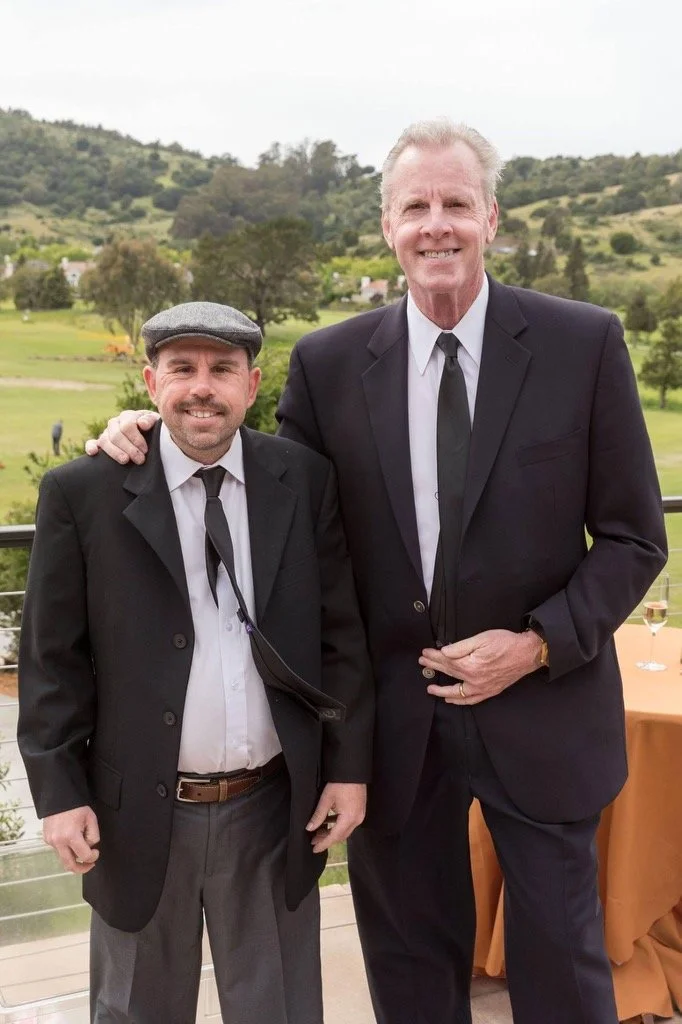A Parent Story: Marc Elias
My son Peter was born in 1979. Although small, he seemed fine until he turned one and had his first asthma attack. Over the next 3 years he was hospitalized with asthma or pneumonia a dozen times. At the age of 4, the asthma stopped and my wife Ann and I were hopeful that he would have a healthy future ahead.
Everything changed when Peter was 5 ½ and started having headaches. He had a CT Scan that revealed a massive brain tumor in his right frontal lobe, so we prepared ourselves for Peter to go into surgery. Half of the tumor was deemed inoperable and the doctor said Peter likely had 5 years to live, with a 2 –10 year window.
We were shattered. Our world changed. It was difficult to simply take one step in front of the other. I felt helpless and felt that if we lost Peter, I would go too.
Every year since then seemed like a milestone, and it was immensely challenging. Five years turned into 10 years, and although developmentally delayed, Peter was a happy boy. It was clear though that he could not take care of himself as an adult.
As a parent of a child with developmental disabilities, finding a place like Lifehouse has been a true blessing. Under the compassionate guidance of Mike Sus and his dedicated staff, Peter has thrived in an environment that fosters independence, growth, and dignity. With the support of Lifehouse, he is active in his community and has a life of his own. This year Peter turned 45 and is thriving. Peter loves his family so much, especially his 2 sisters, his niece, and nephew.
The programs and housing that Lifehouse offers have helped Peter and so many others in our community. I am continually amazed by the unwavering commitment and passion that Nancy Dow Moody, my wife Ann Elias, and the entire Lifehouse team demonstrate in their work. Their dedication to improving the lives of individuals with intellectual and developmental disabilities is truly commendable and has made a significant difference in our family’s lives. The hard work, compassion, and dedication does not go unnoticed, and I am immensely grateful for everything that the organization does for my son and the community as a whole.














